“The public has lost patience with corporations that treat people badly, damage the environment without concern or consequence, and line the pockets of their senior executives while taxpayers are losing their jobs and homes.” So say authors Andrew Benett, Cavas Gobhai, Ann O’Reilly and Greg Welch. People are demanding that companies contribute to the global good. Firms that refuse will suffer damage to their reputations and, ultimately, their bottom lines. getAbstract recommends this idealistic book to those who would bring about the “rise of the conscious corporation” – or, at least, to those who would like to head in that direction.
“Natural Persons”
Until the end of the 19th century, under the law, American corporations had to act in the interests of the public good or risk losing their charters. One seemingly innocuous note in the transcript of an 1886 Supreme Court case changed all that. Court reporter J.C. Bancroft Davis noted that Chief Justice Morrison Waite remarked that the court would assign corporations the same rights as “natural persons.” The result of the comment, even though it wasn’t in the formal opinion, is that corporations became entitled to the same rights enjoyed by citizens, including “due process, privacy and free speech.” This allowed corporations to pursue profit unfettered by government oversight. “The largest corporations have been accorded many of the rights and privileges of human beings without necessarily adopting a humanlike conscience or human mores.”
According to a 2007 Gallup consumer confidence poll, people’s faith in Big Business has reached an all-time low. Several factors have combined to create a “unique window of opportunity” for companies to take on the role of “global citizens.” People are willing to give corporations a chance to redeem themselves because...
Andrew Benett, Cavas Gohbai, Ann O’Reilly and Greg Welch also wrote The Future of Men, Buzz and Next: Trends for the Near Future.









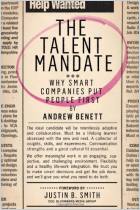


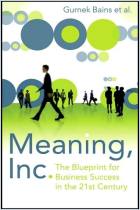
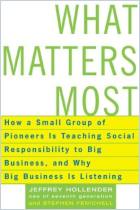
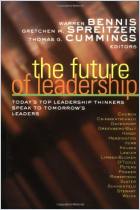
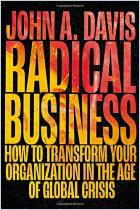
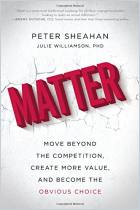
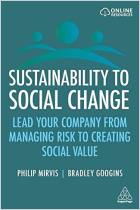








Comment on this summary or Diskussion beginnen